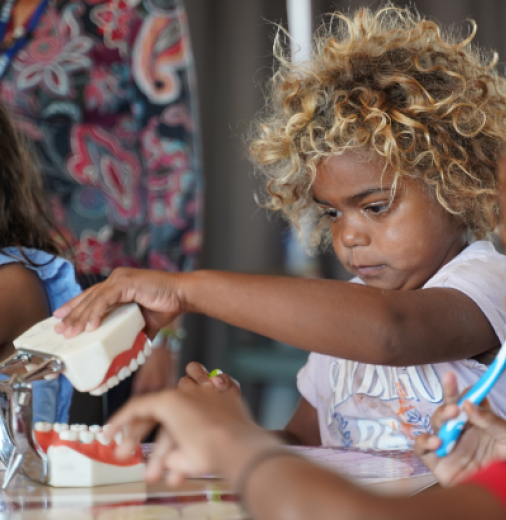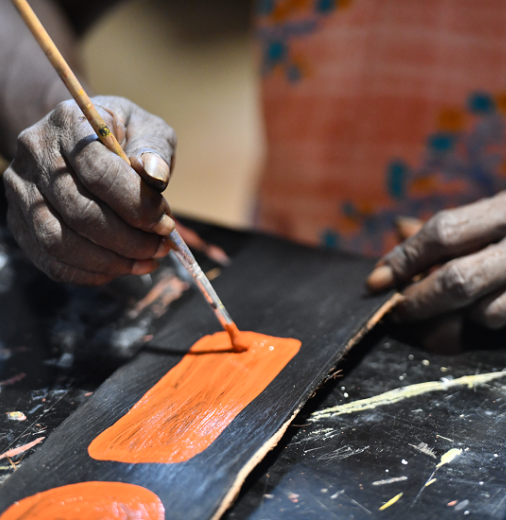Scope of the legislation
We are taking a staged approach to developing the legislation. The first stage will address the harm caused by fake Aboriginal and Torres Strait Islander style art, merchandise and souvenirs. Later stages will address the broader rights relating to Indigenous cultural and intellectual property.
We heard from Aboriginal and Torres Strait Islander peoples on the following questions that guided the community engagement sessions held earlier this year. These sessions welcomed all Aboriginal and Torres Strait Islander peoples and relevant stakeholders from the arts and cultural sector to discuss what should be included in the new legislation addressing the harm caused by fake Aboriginal and Torres Strait Islander style art, merchandise and souvenirs.
For a snapshot of the key themes that emerged during the sessions, read the overview of the 2024 community consultation sessions.
Inclusions
1. Which aspects of ICIP do you want protected under the new law?
- All art forms, symbols and designs?
- Languages?
- Medicine?
- Traditional foods?
- Biotechnology?
- Ecological knowledge?
- Spiritual knowledge?
- Artificial intelligence and emerging technologies?
2. What are the rights for Traditional Owners that you want to see protected?
Key concepts
3. What should be the key principles and objectives of the new law?
- Free, informed and prior consent
- Cultural harm—the harm caused by the use of appropriation of Aboriginal and Torres Strait Islander art and culture.
Key Terms and definitions
4. Which terms do you prefer:
- Indigenous/First Nations/Aboriginal and Torres Strait Islander?
- Ownership/Custodianship?
- Traditional Owner/ Traditional Custodian?
5. How should harm caused by breaches of cultural rights be addressed?
Acknowledgment
6. How should acknowledgement of rights be addressed?
Communal ownership
7. How should communal custodianship/ownership of ICIP be recognised when several families may have rights to a design/symbol/style/story?
8. How should decisions to approve the use of ICIP be made?
9. How should free, informed and prior consent be ensured?
10. Who will speak for community? Who will be the rights holders?
11. How should ICIP disagreements be resolved within communities?
Enforcement
12. How do Traditional Owners/ Custodians want to take action against possible breaches of their cultural rights?
- Independently?
- With the assistance of a central cultural authority?
- Government or a Government agency to take action on their behalf?
Other measures
13. What assistance would help Traditional Owners to protect their art?



































